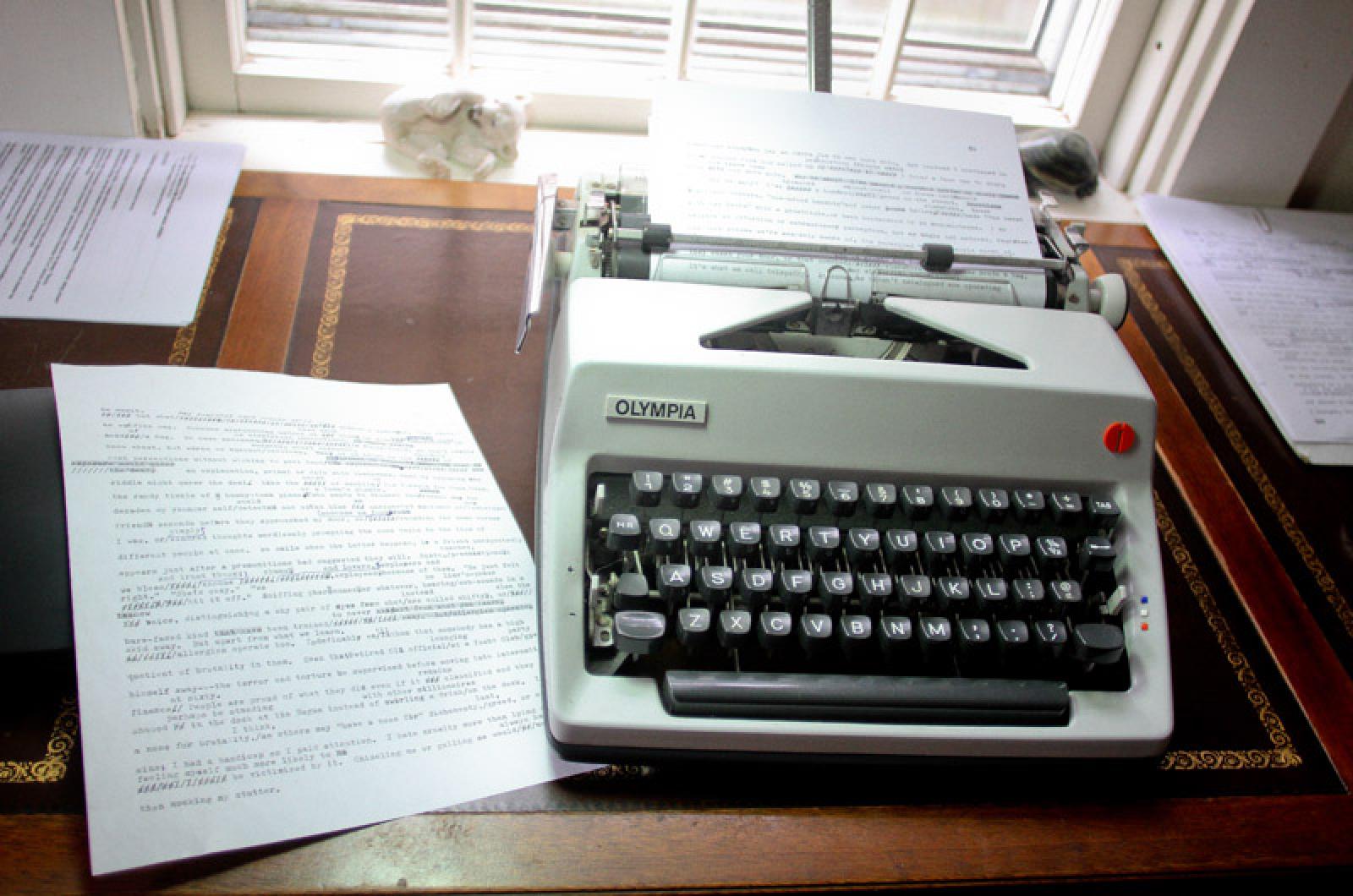The lacings of our democracy are knotted and as we bend our nails picking at them, our favorite entertainment seems to be murder mysteries, true crime dramas or concussive sports. Baseball bows to football and comedies to homicidal procedurals. As localities meld into a technological alloy, we individualize ourselves with Tai Chi performed to Dixieland, or gym workouts preceded by Buddhist meditation. More perhaps than ever before, we fear we live on borrowed time. Not just environmentalists foreseeing an ecological collapse, but traditionalists of a dozen sorts who sense alarums of cultural disillusion, infrastructure decay and Ponzi-scheme financing.
Murder and its motives, whether revenge or greed, are so down to earth they seem refreshing to come home to, like a dog or cat you can actually fondle, not tweet or text. Schadenfreude is a condiment to many a couch potato’s evening pleasure — the righteous snoop. Oh, the body dumped in a swamp: who did this? Minimal gore or grief is depicted however, because, on screen or in print, this is a bedtime tale. The genre, so pronounced on the air waves now, has been ubiquitous since Edgar Allan Poe. Not just brawny brutes have liked unlawful killing, but schoolteachers, and other bookish folk with a pet beside their bed. You might think murder would be scary for somebody alone, but the formulas help. Nothing uncouth, no wailing or misery. Instead, crossword-like crime, with endearingly unlikely characters, amateurs outfoxing the stodgy dicks. Politesse cauterizes the pain.
Okay, hawk-eyed, yet why a century of best-selling assassin yarns? Is it our fear of death? I should confess that, as with whiskey, I’ve never been bit by the bug. Yet certainly when I’ve heard of murders afflicting a friend of a friend or my neighborhood, I want the details, if only for my own protection. Obviously murder in reality is not like these entertainments suggest, but why do we want to watch the sudden criminal death of other people? This addictive drip, drip, drip of evil?
But we love them. Red light districts, pro wrestling, cornering a market for a “killing,” or sport hunting; then gut the deer. Watch the fighter or a ballcarrier crumble, crumple, lie there. We don’t stick our thumb up or down for the gladiator to be spared or killed, but the mentality is the same.
I’ve crawled under machine gun fire, then bayoneted dummies in my Army training. That was for credentialed killing however, and ideal but we don’t just do it in the military: also on the couch. The TV delights in gunfights, sniper fire, carnage-strewn scenarios, until the long arm of the law snaps handcuffs on the miscreant.
After work we relax in bed with a murder story on screen or in a book, taboos violated for our delectation. Women flaunting their curvatures is a no-no not just in the Muslim world but to churchmen here as well, which makes revealing costumes all the more titillating. But it’s no conundrum why sex excites us; the perpetuation of the species depends upon it. Massacre, on the other hand, kills people, cuts the population and terrifies the innocent. Does the rebel, the malcontent in us rejoice? Whack ‘em, snuff ‘em, one less person around and the perpetrator in shackles.
Schadenfreude, indeed.
Edward Hoagland is the author of over 20 books and hundreds of essays. He lives in Edgartown.




Comments
Comment policy »